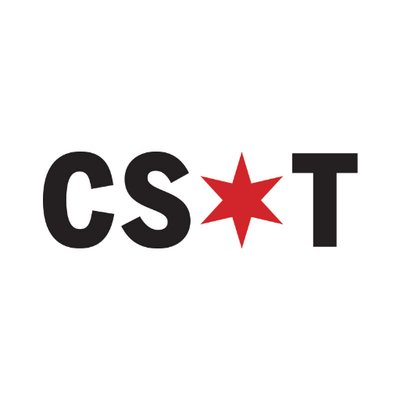



Local educational leaders decried Thursday’s Supreme Court decision that ended affirmative action in higher education as “an attack on people of color” that stunts racial progress and vowed to continue helping students of color in Illinois.
The long-anticipated ruling by the conservative majority in the nation’s highest court sends colleges and universities back to the drawing board in their attempts to diversify student populations. Affirmative action had been upheld under Supreme Court decisions since 1978.
In a letter addressed to the Northwestern University community on Thursday, President Michael Schill said he was “deeply disappointed” in Thursday’s decision.
The decision “will make it more difficult for Northwestern to achieve one of our imperatives — the promotion of diversity, inclusion and belonging on our campuses,” Schill said.
He added “there is much to find problematic in the Court’s decision, but for me, among the most troubling elements is the doubt it casts on the importance of a diverse class in enhancing our educational mission. … Bringing together people of different backgrounds, viewpoints and experiences enables us to learn from one another and propels our research, arts and discovery to new levels, allowing us to have an even greater impact on the world. Today’s ruling does not change that commitment.”
A working group of leaders at the university has been examining Northwestern’s practices and how to address the implications of the ruling. Schill said the group will now focus on ensuring the university abides by the law while “still protecting and supporting our institutional commitment to diversity.”
The affirmative action cases were brought by conservative activist Edward Blum and his group Students for Fair Admissions, which filed the lawsuits challenging the constitutionality of affirmative action policies at Harvard University and the University of North Carolina at Chapel Hill in 2014, alleging they harm white and Asian American students.
Thursday’s ruling stirred “conflicting” feelings for students like Yu Lin, 18, a biochemistry major at the University of Illinois at Chicago from Schaumburg.
“It’s kind of difficult for me to say because I’m speaking about this as an East Asian and we’ve been taken as kind of a model minority,” said Lin of the stereotype that characterizes Asians as a hardworking, polite and law-abiding group that have achieved success due to a pull-yourself-by-the-bootstraps mentality.
“I feel very conflicting feelings about affirmative action, because I get why it was created, but at the same time I get why it was struck down because I could see both sides of it. I don’t support it ... but I also don’t feel like affirmative action was directly the best choice to try to bridge these racial gaps between higher education because it also left out a lot of struggles faced by the model minority or white students who may come from lower-income backgrounds.”
The Illinois Board of Higher Education said the decision was “an attack on people of color, particularly Black people, who face discrimination through multiple facets of American society.”
“Affirmative action already was not a robust solution — it was merely a tool that intended to chip away at an enormous obstacle,” IBHE said in a statement. “It is disheartening to know that there are people intent on stifling racial equity at a time when we should all be working together to break down barriers because that is the right thing to do.”
The board said Illinois colleges and universities will keep “fighting to close equity gaps for Black, Latino, low-income, working adults and rural students,” and that work will “continue unabated because diverse and inclusive campuses and student bodies are critical to developing a well-rounded understanding of the world we live in and those with whom we share it.”
Illinois Gov. JB Pritzker called the ruling “archaic” and one that sets back efforts to help those who may already be disadvantaged in their pursuit of higher education.
“For centuries, students from historically underrepresented and underserved communities were locked out of higher education — preventing upward mobility and stunting economic development for generations to come,” he said, calling affirmative action a “critical step” toward righting wrongs.
Illinois will “continue to uplift our students of color” by expanding higher education funding and scholarships for students from low-income backgrounds, the governor said.
